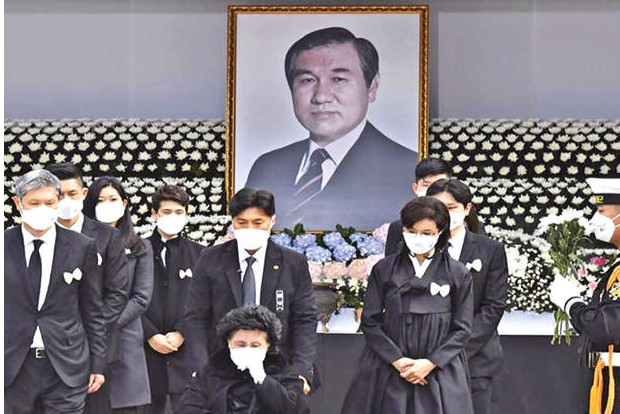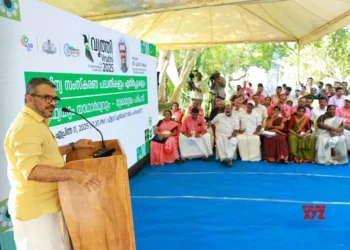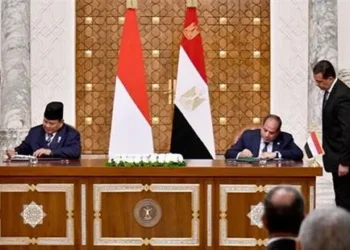Dozens of relatives and dignitaries gathered in South Korea’s capital on Saturday to pay their final respects to former President Roh Tae-woo, a key participant in a 1979 military coup who later won a landmark democratic election before his political career ended with imprisonment for corruption and treason.
Pandemic restrictions limited the size of funeral services for Roh, who died Tuesday at age 88 from complications from various illnesses. Doctors said his condition worsened in recent years because of a degenerative disorder.
President Moon Jae-in’s decision to hold a state funeral for Roh was controversial because of his links to the coup and a bloody suppression of pro-democracy protesters in the southern city of Gwangju in 1980 that killed around 200 people and injured hundreds of others.
Gwangju and several other cities and provincial governments refused to raise flags half-staff or set up memorial altars for Roh in accordance with state funeral procedures.
Moon, who did not visit Roh’s memorial altar at a Seoul hospital before leaving for Rome on Thursday for meetings with Pope Francis and Group of 20 leaders, said through his office that Roh made “significant contributions to national development despite many historical wrongdoings.”
Roh took office in 1988 after he became the country’s first directly elected leader in decades following successive military governments in Seoul.























